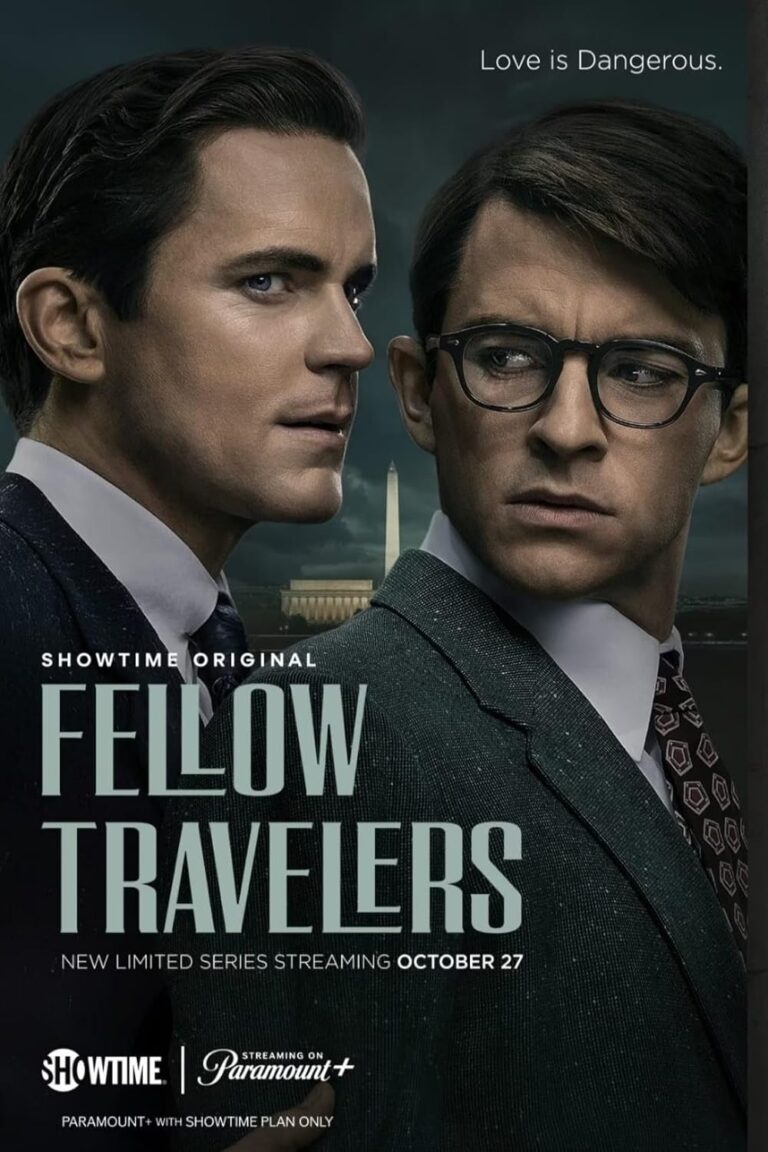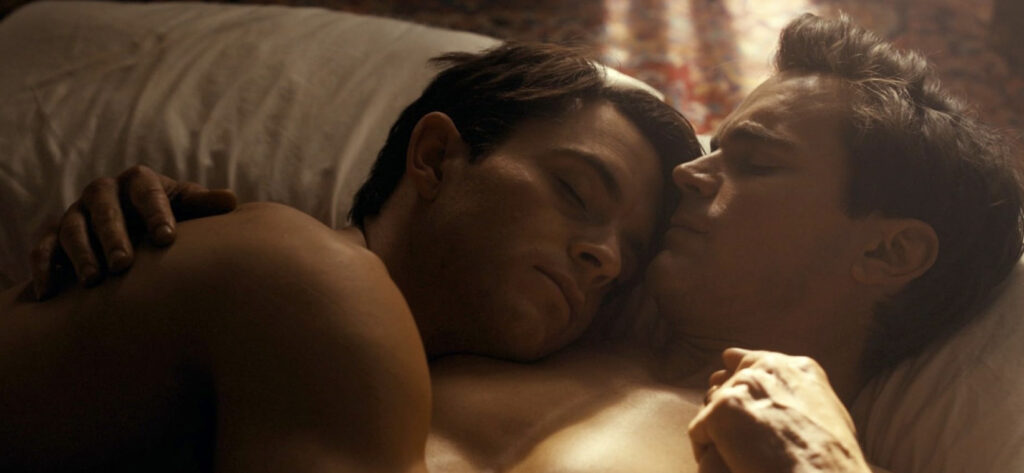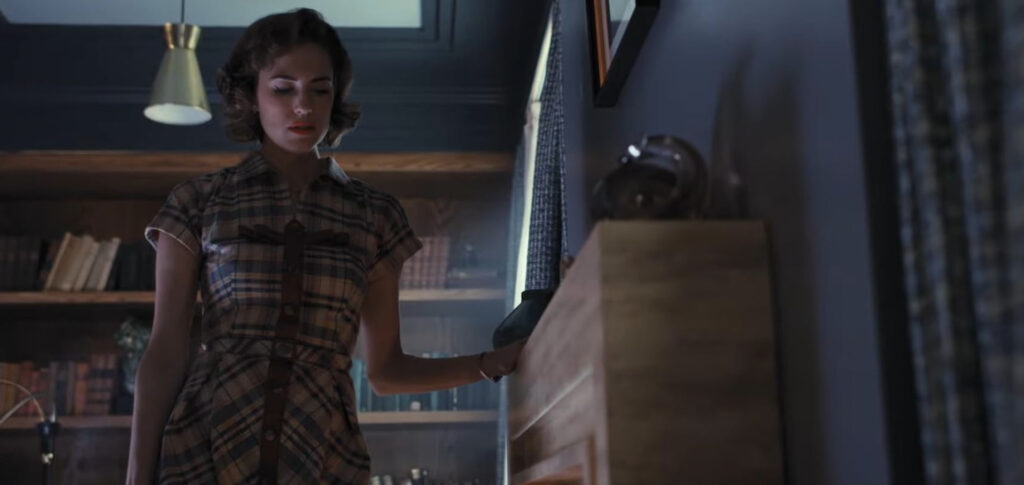
The gay male community in the United States experienced two existential crises in the late twentieth century: one in the 1950s and another in the 1980s. During the McCarthy Era, a decade or more before the Stonewall uprising in 1969, homosexuals—typically closeted—in the State Department and other federal agencies were persecuted as perceived security risks, branded as “fellow travelers” of the Soviets. In the Eighties, as they confronted the AIDS crisis, newly liberated gay men found they also had to deal with the “don’t say gay” stance of the Reagan administration, which refused to acknowledge the gravity of an epidemic that took the lives of hundreds of thousands of Americans.
Fellow Travelers, a 2007 novel by Thomas Mallon, put a human face on these existential crises by chronicling the romantic relationship of two men who had met in Washington just as the hysteria of McCarthyism was emerging. The novel followed their escapades over the next thirty years, a period when both liberation and libertinage had come to characterize the evolution of the gay community.
Mallon’s novel has spawned an eight-episode television series that will premiere on Showtime on October 27. The first episode, titled “You’re Wonderful,” which has just debuted at NewFest, the LGBTQ+ film festival in New York, offers a stunningly beautiful glimpse into the complex personal and political fretwork of being gay in pre-Stonewall America.

Directed by Daniel Minahan from a script by Ron Nyswaner, this first installment is bound to have viewers clamoring for more. (Nyswaner, it should be remembered, captured an Academy Award nomination some thirty years ago for Philadelphia, Jonathan Demme’s landmark AIDS-era drama that starred Tom Hanks and Denzel Washington.)
“You’re Wonderful” deserves to win every award the cinematic universe can offer. It is at once poignant, hard-hitting, disarming, shocking, and formidably erotic. The series stars Matt Bomer and Jonathan Bailey as a pair of queer lovers, tracing the ups and downs of their relationship from their chance meeting in McCarthy-era Washington through the AIDS period of the 1980s. The first episode seamlessly pans through those two eras, reminding viewers that the more things change, the more they remain the same.

In the series, Bomer plays the role of middle-aged Hawkins (“Hawk”) Fuller, a closeted and married State Department operative, while Bailey plays the role of Tim (“Skippy”) Laughlin, an idealistic twentysomething who works for Joe McCarthy and, under Hawk’s wing, becomes a minor player in the fraught Washington social scene of the 1950s. Like his nemesis Roy Cohn, who plays a cameo role here, Skippy ultimately becomes another of the legions of men living with AIDS in the 1980s.
The dynamic between Hawk and Skippy is electrifying, as evidenced by their clandestine encounters that inevitably result in some of the steamiest sex scenes in a mainstream production. Not surprisingly, the encounters are tinged with guilt—Hawk’s struggle to reconcile his public and private personae, and Skippy’s self-flagellations as a devout Catholic. Perhaps the most outstanding scene in the entire episode depicts Skippy in church, fingering his rosary beads and confessing to a priest that his liaisons with Hawk actually make him feel purer than ever.
Fellow Travelers, at once epic and personal, sensitive and brutal, promises to be a remarkable series that probes the complex cultural and psychological nuances of a “best of times, worst of times” period in gay American history. Above all, it exposes the pernicious legacy of the lavender closet, which has left so much betrayal and heartbreak in its wake.
Rating: A+
Check out more of Edward’s articles
Here’s the trailer of the film.

